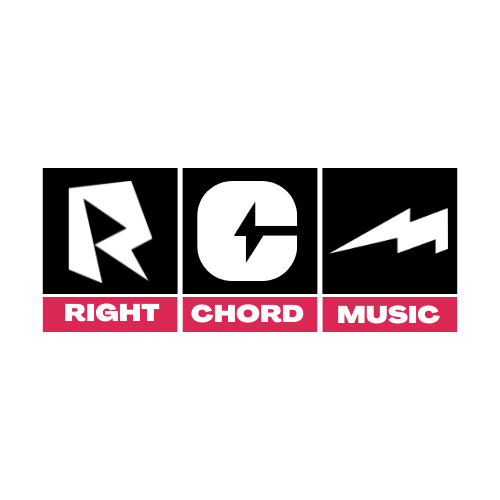Everyday there seems to be another music marketing article espousing the importance of mailing lists for bands and artists.
But these articles all seem to be missing the point. The key question is surely not do you need one, (You do, by the way) but what do you do with it.
Anyone can collect a database of email addresses but building relationships is a whole other skill that seems to be over-looked.
Let’s take a trip back down memory lane….
When I started going to gigs, it was very common to encounter someone with a clip-board wandering after a band’s set encouraging me to sign up to the band’s mailing list.
Back then if I enjoyed the band, and was interested in finding out more I invariably signed up. This was a quick and convenient way to find out about upcoming shows, and future releases.
Then seemingly over night the clip-boarding wielding friend seemed to disappear.
So what changed? The answer is social media. All of a sudden bands and artists had a free and convenient way to collect fans and communicate with them. If I wanted to find out about future shows, I was now just one convenient click away.
Most of the bands I had given an email address to stopped writing to me and instead focused all of their energies on MySpace, Facebook and Twitter updates. This seemed to be a great solution for everyone.
Then MySpace hit the skids, user traffic plummeted, and the near total migration to Facebook, left bands realising the thousands of fans they had recruited using ‘invite request software’ weren’t really fans. This seemed to cause a panic, virtual fans suddenly seemed risky, and bands decided they needed a safely net. The clipboard was dusted off and name collection began again.
So somewhat intrigued I started to sign up again. Then I waited for the emails to arrive, and arrive they did, often with alarming frequency. The arrival of social media had clearly taught bands how to write blogs and now they seemed keen to show off their new enthusiasm for sharing.
However, whereas previously I welcomed these emails, now I quickly found myself getting annoyed and frustrated. I typically read the first line or deleted them immediately, or hit unsubscribe.
Right now if I see someone with a clipboard I deliberately avoid them, or if that isn’t possible and I feel guilty, I simply give them one of my ‘other email addresses’, (let’s face it we all have several!) my old Hotmail account becomes the dumping ground. At least this way my inbox doesn’t get full up with junk.
So why don’t I read these emails anymore? The answer is still Social Media. Bands seem to forget that a big fan will befriend then on Facebook, follow them on Twitter and probably also visit their website from time to time. They know what is going on with the band, and if they want an update, they know where to go to find it. The one thing fans don’t want is to be spammed with emails containing yesterday’s news.
So what’s the alternative? How about you keep Social Media for news updates and the mailing list simply becomes a channel to offer exclusive content, a way to reward your loyal fans. By assigning a role to your communication channels it makes your job easier, and keeps fans engaged. With the promise of exclusive, previously unreleased content, email opening rates will soar and word will spread that your mailing list is actually worth joining.
One further change… Leave the clipboard at home when you go to gigs, replace cold email collection with the warm relationship building.
Start by clearly identifying yourself during your set and encourage attendees to find you on Facebook. Then spend the time after the show talking to them and starting to build a relationship.
The moment they arrive on Facebook the engagement task begins. This is the start not the end of your work! Can you offer them an instant reward? “Welcome to our page, thank you for checking us out, here is a free track as a thank you.”
Then continue to work hard to build up the dialogue and engagement. Only when you have them engaged should you offer them the chance to sign up to the mailing list. At this point the chances of them saying no, running away or giving you an email address they don’t check is greatly reduced.
You have now moved from a cold database to a fanbase of warm advocates.










